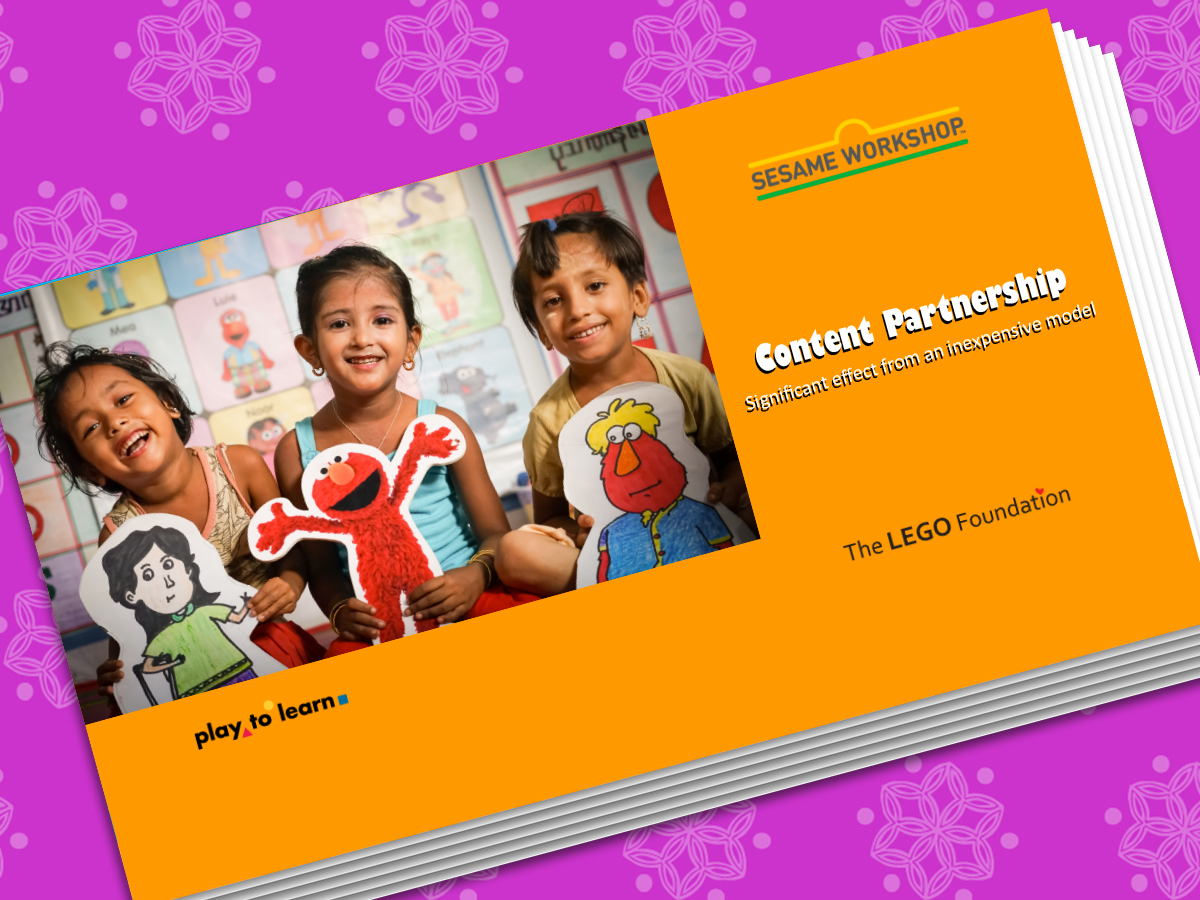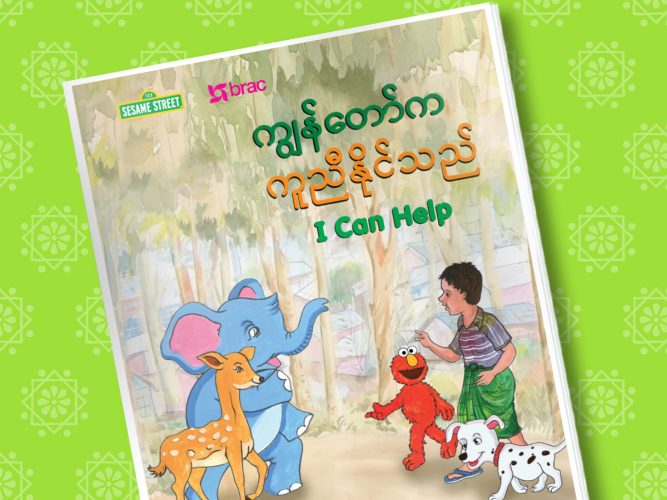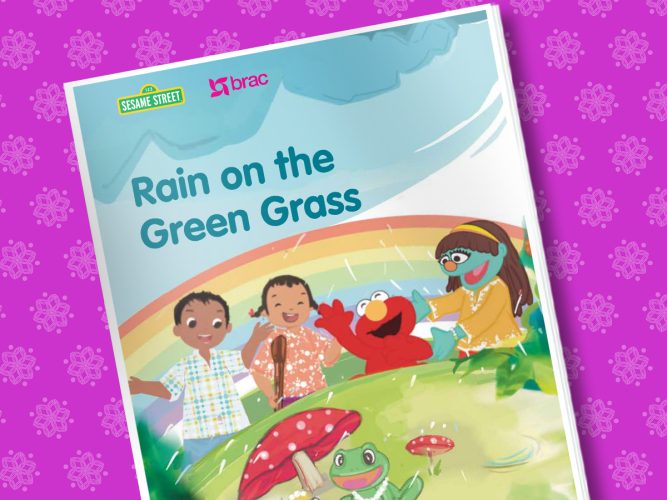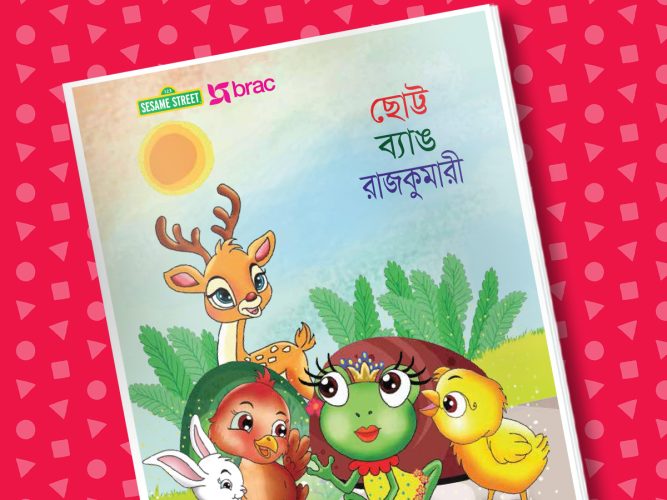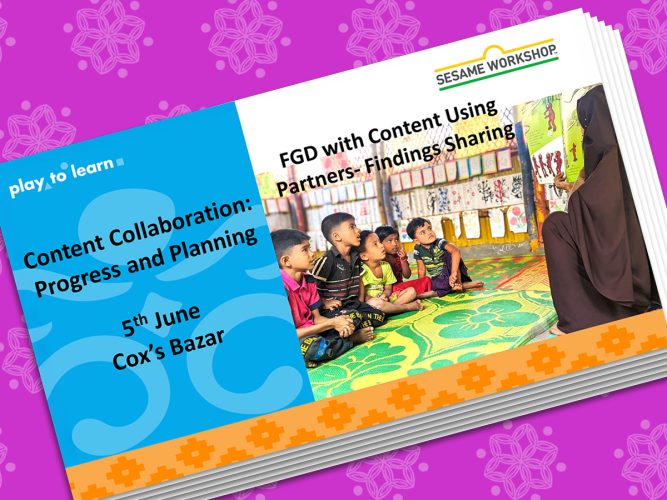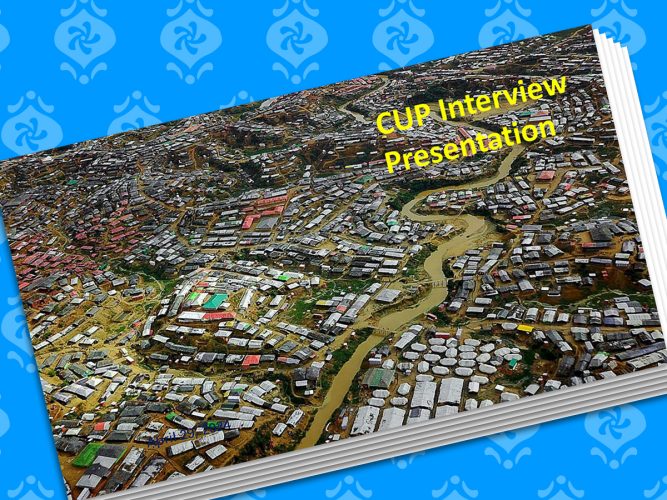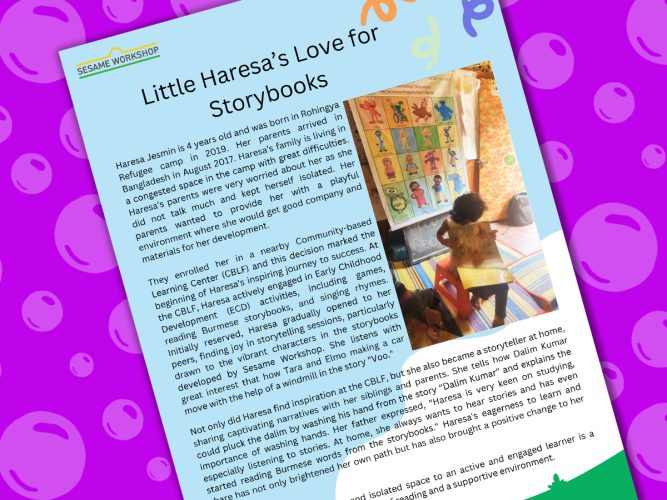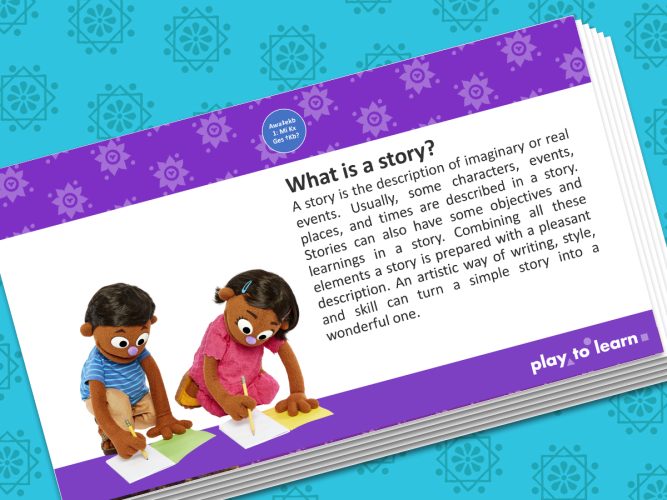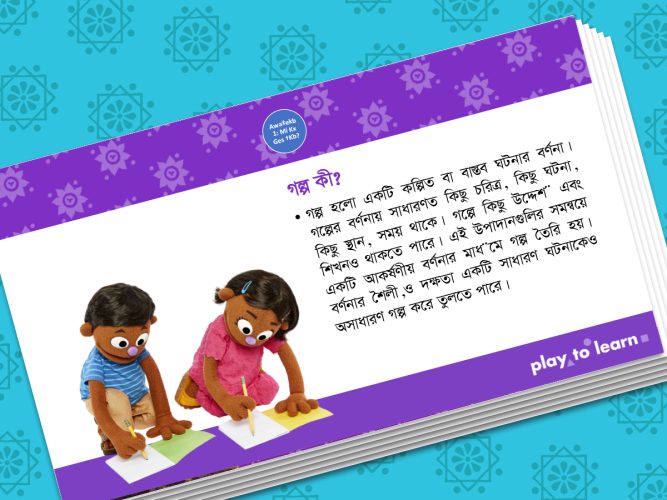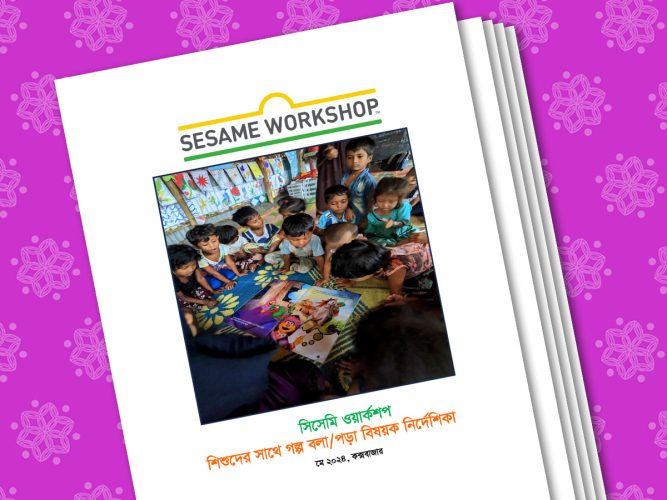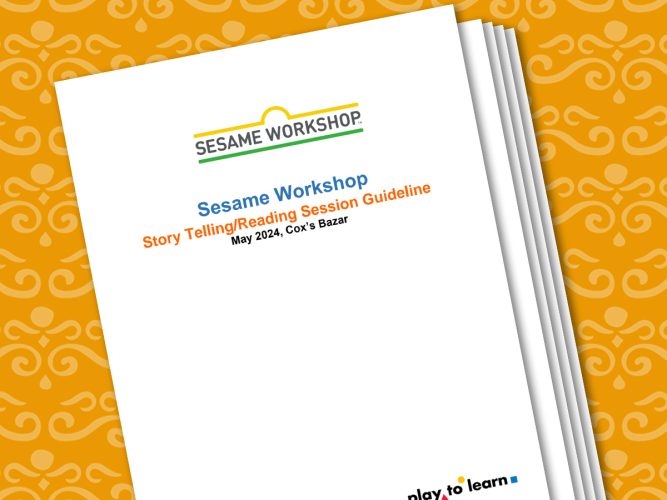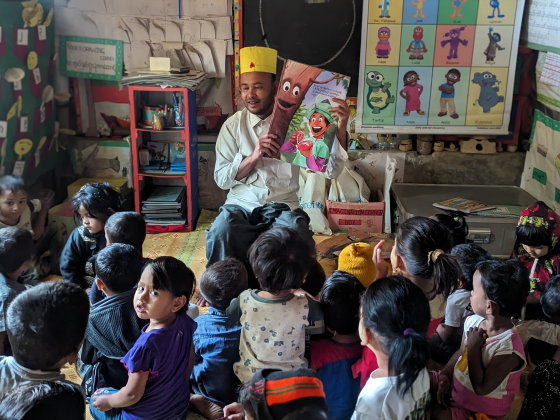
Content Use Partnership Across the Rohingya Response
Supporting early childhood development (ECD) and reading through integrating high-quality, joyful, and culturally relevant storybooks in programs for Rohingya children in Cox's Bazar.
The Content Use Partnership (CUP) program is a low-cost print content development and distribution model that provides culturally responsive learning materials to Rohingya children ages three to eight.
The CUP program began during the COVID-19 pandemic, when partners needed child-friendly materials about COVID-19 protocols for the Rohingya community. Sesame Workshop shared posters and public service announcement (PSA) scripts, and from there, demand for more materials grew. Sesame Workshop and BRAC partnered to develop more culturally responsive storybooks and materials that feature illustrations and stories that reflect Rohingya children’s identities and experiences and promote language learning and literacy in an age-appropriate and child-friendly way.
Through this program Sesame Workshop partnered with over 10 Bangladeshi and international non-governmental organizations (NGOs) in Cox’s Bazar to integrate and distribute age appropriate, joyful, culturally relevant storybooks and materials to children in Rohingya refugee camps. Sesame Workshop also provided training on how to effectively use these materials in education and child-protection programs. For example, Sesame Workshop recommends that partners integrate story telling/reading sessions in the daily routine of their existing programs, three to five days a week, for 20-30 mins each session. Sesame Workshop also organized quarterly review and planning workshops, established a Reading Community of Practice (R-COP) via WhatsApp, and facilitated cross-learning visits with partner organizations.
The storybooks and story flipcharts are now integrated into the ECD curricula and daily class routine of all content partners including Plan International, Save the Children International, and other UNICEF and UNHCR implementing partners. Some partners are also using the storybooks in grades one and two in the common Learning Center curriculum approved by the education sector in the Rohingya refugee camps.
Who we
worked with
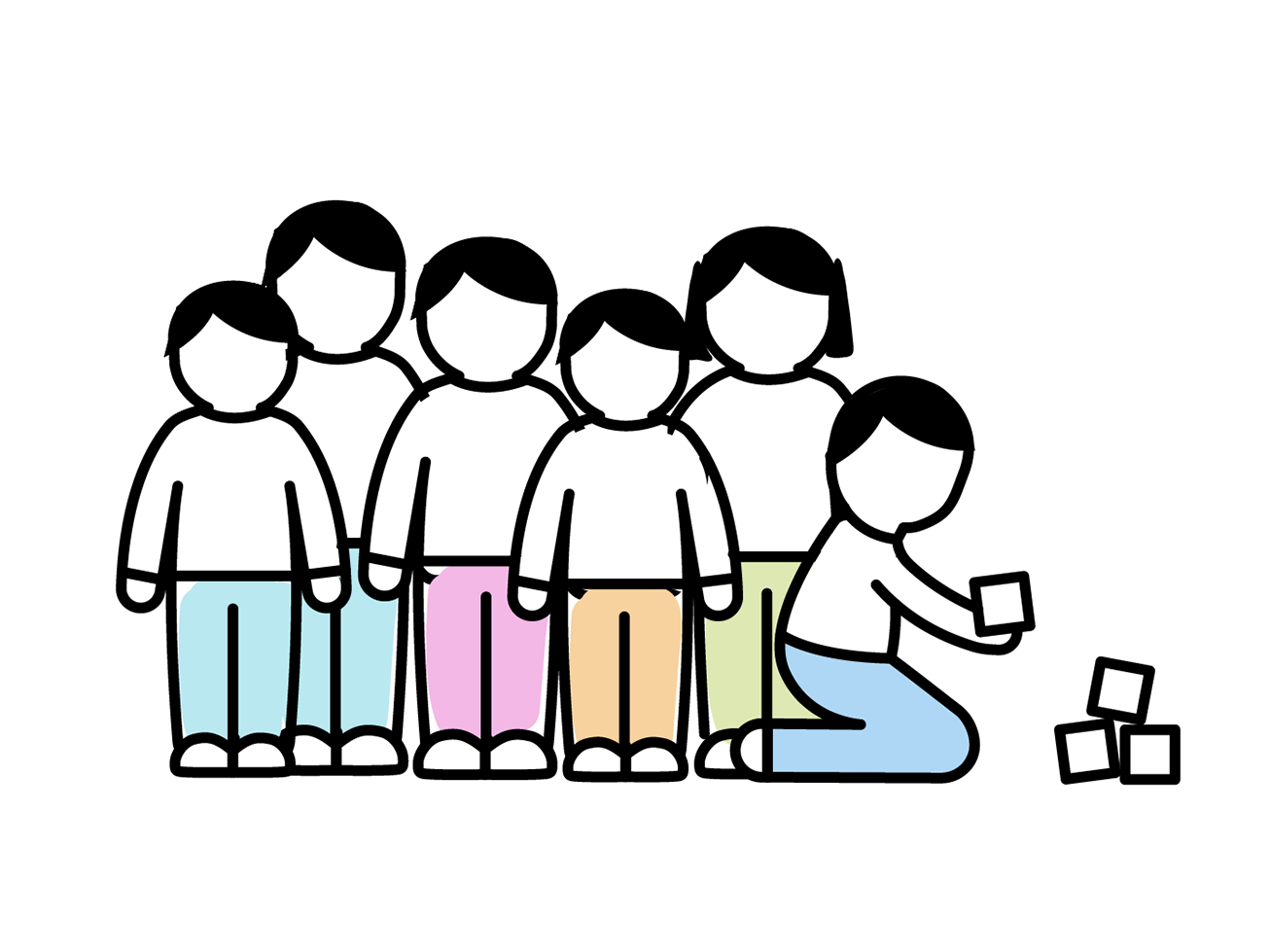
Children ages three to eight years old attending ECD Centers or Learning Center
Where we
worked
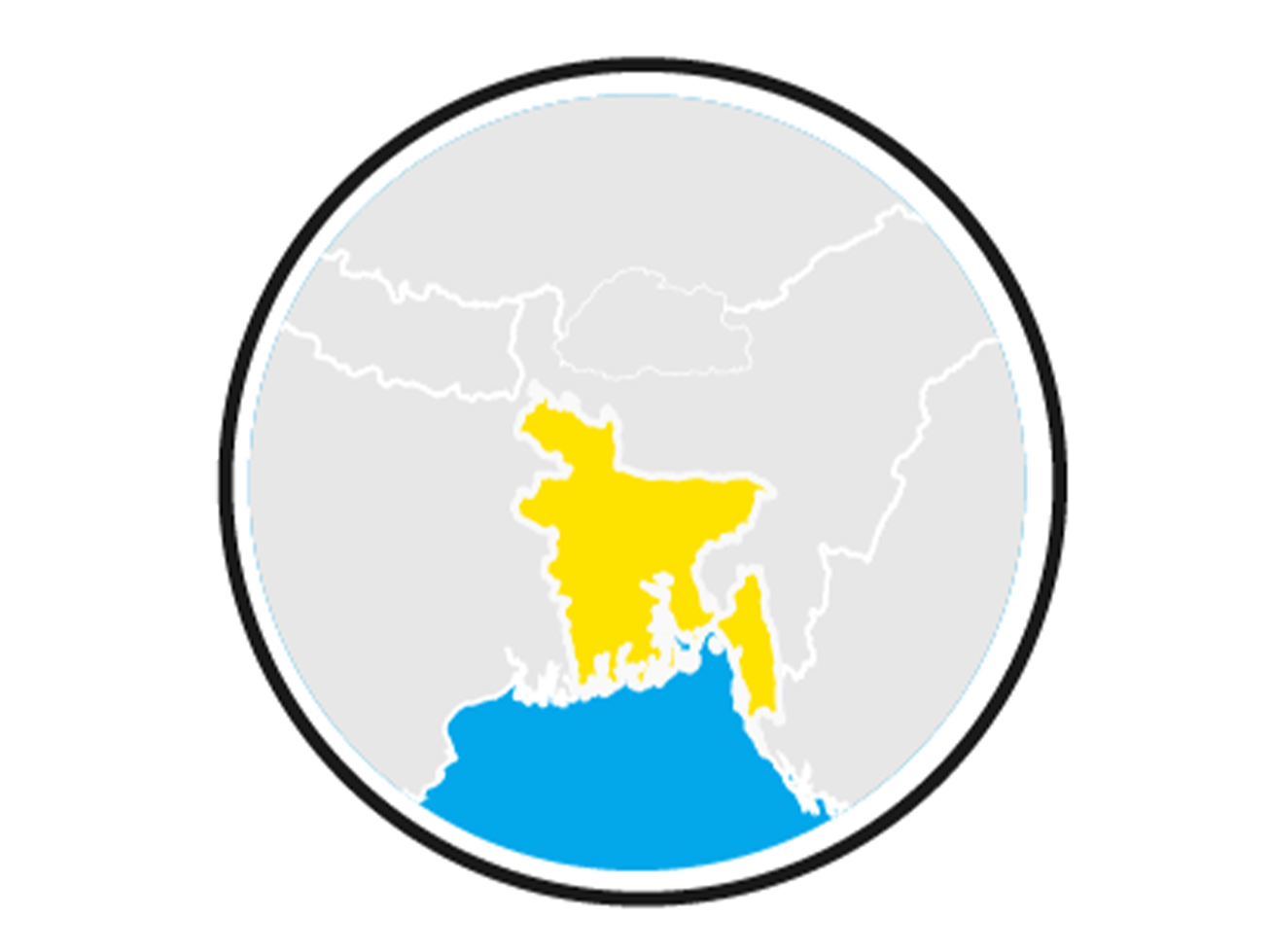
Refugee and host communities in Ukhiya and Teknaf sub-districts in Bangladesh
How we delivered content

Culturally relevant print content integrated into daily classroom routines
Frequency
.
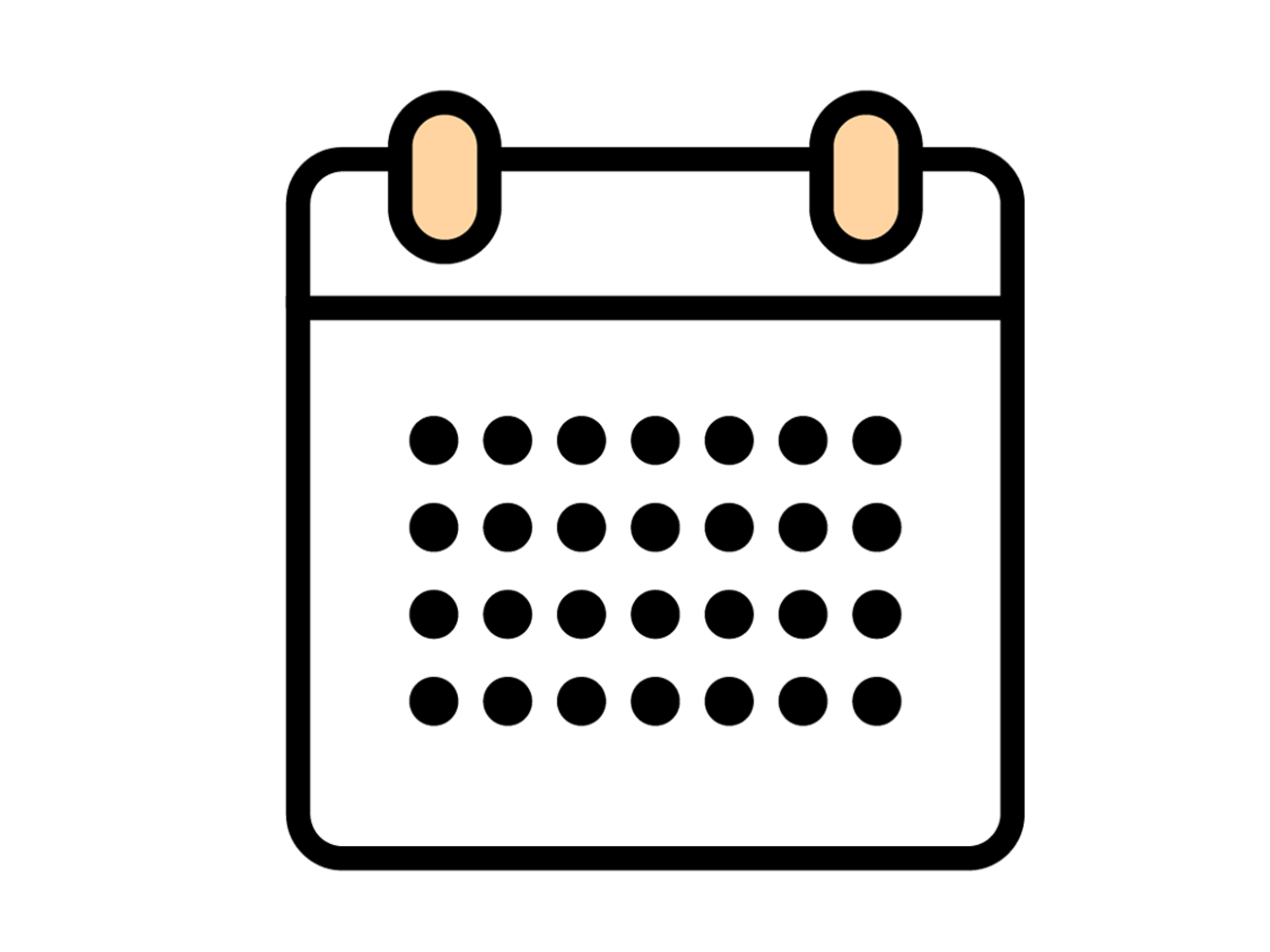
Scheduled
Regularly scheduled sessions for 20-30 mins each, three to five times per week
Culturally Relevant Content Development Process
Sesame Workshop and our partner, BRAC, established this content development process to ensure that the materials would be appealing, engaging, and appropriate for the Rohingya community’s needs.
Workshops with Experts, Writers, and Illustrators
Sesame Workshop and BRAC conducted workshops with national and international NGOs to identify themes relevant to the Rohingya community’s needs, context, and culture. These workshops identified the relevance of storylines focused on fire safety, child protection, health and hygiene, and psychosocial support. Then, Sesame Workshop organized a workshop for writers to familiarize them with the Rohingya context and Seame Workshop style, and guide them to write stories aligned with the identified themes. Sesame Workshop also conducted workshops with illustrators to orient them to existing characters, like Noor and Aziz, to ensure illustrations were engaging and appropriate.
Field Testing and Incorporating Feedback
Sesame Workshop conducted two rounds of formative testing. First, Sesame Workshop field tested the written stories to gather feedback from the target audience and incorporate feedback to refine the storyline. Then, Sesame Workshop tested the stories with illustrations to ensure that the text and visuals worked together and were appealing and appropriate. Finally, partners participated in focus group discussions to provide feedback on both storyline and illustrations to ensure characters and page quality. After incorporating all feedback, the storybooks were ready for printing.
Interviews conducted during implementation have shown that the materials are well-liked by children and used frequently by teachers and facilitators.
Read storybooks created for Rohingya children and see feedback gathered from partners and users.
See feedback gathered from partners and users.
Training and Supervision
Training:
Sesame Workshop designed Training of Trainers (ToT) and Refresher training modules for the partners’ technical staff. Sesame Workshop trained partner staff and developed a trainer’s pool to train their teachers and facilitators. Sesame Workshop developed teacher and facilitator training guidelines that can be integrated to the teachers training or independently facilitated.
Supervision:
Program Officers and technical staff of partner organizations supervised reading sessions in the classrooms and provided hands on support to the teachers/facilitators. They shared learnings, good practices, and case studies in a Reading Community of Practice on WhatsApp.
Monitoring and Evaluation
- Sesame Workshop monitored the partners’ implementation in the camps and host communities, and provided feedback to the technical and management staff of the organization.
- Sesame Workshop organized a thorough review and learning visit to one of the implementing partners where representative from all implementing partners visit several ECD center systematically using a checklist tool and compile the findings, learnings and recommendations and then share them in the afternoon session.
- Sesame Workshop also organized quarterly review, learning and planning workshops where SW shared their last quarterly visit finding, and partners shared their progress, challenges, and good practices. Videos and photos of good practices and success stories are also presented in that workshop. At the end, all developed a quarterly plan for the upcoming months to implement.
Learn more about Sesame Workshop’s training on storytelling and reading storybooks, as well as guidelines for facilitators in ECD centers in Cox’s Bazar.
125,548 Rohingya Children Reached
The Content Using Partnership (CUP) program reached 125,548 children in Rohingya refugee camps with high-quality, joyful and culturally relevant storybooks and learning materials.
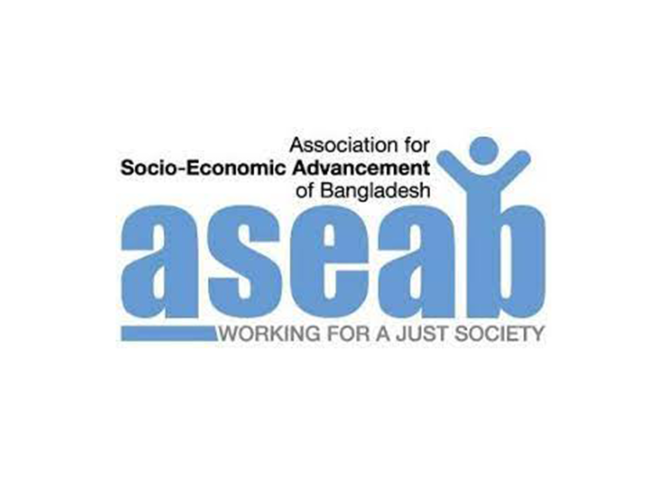
ASEAB
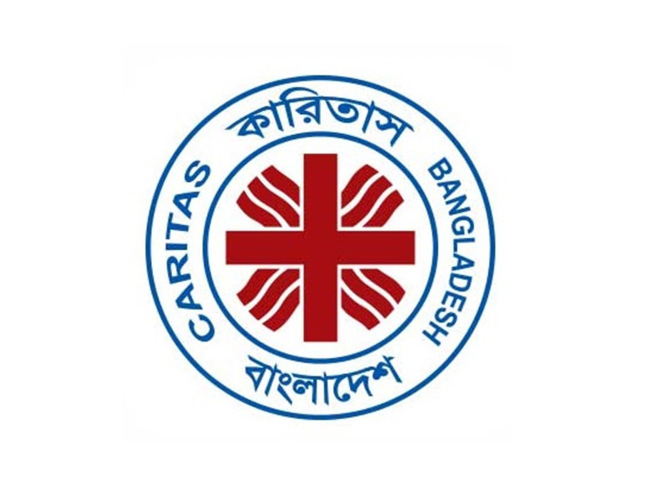
CARITAS
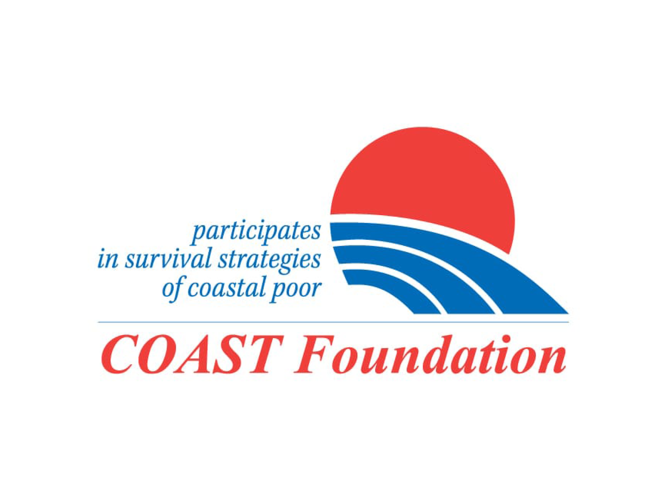
Coast Foundation
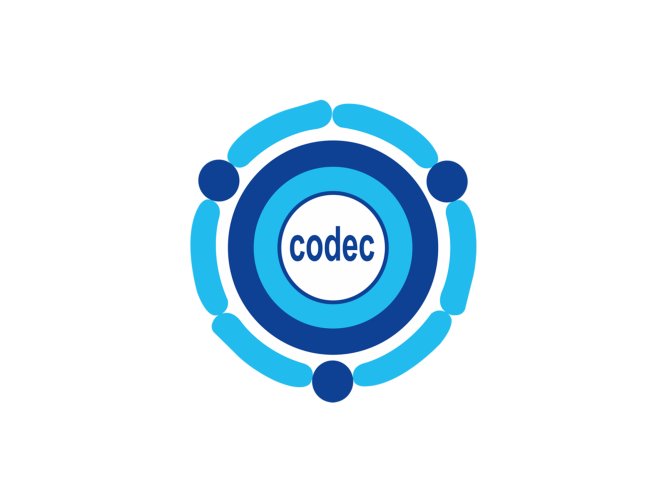
CODEC
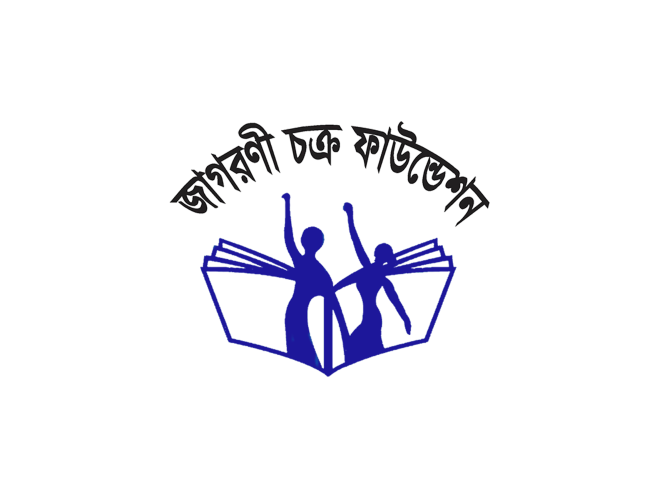
JCF (Jagonory Chakra Foundation)
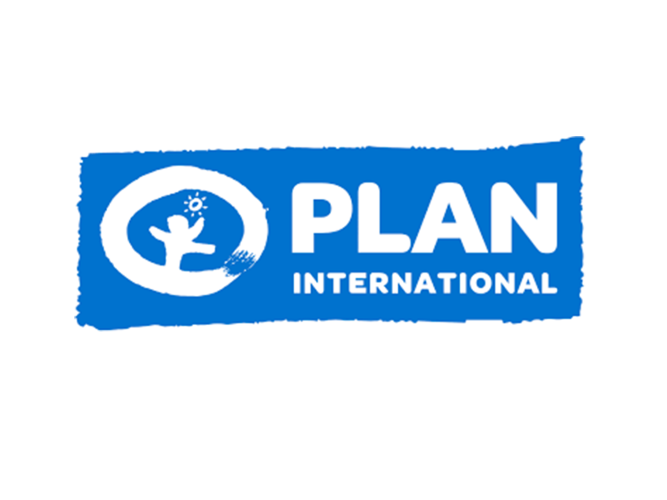
PLAN International
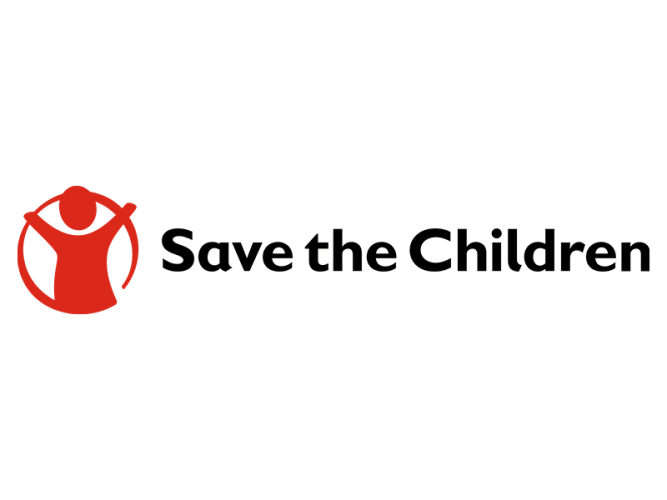
Save the Children
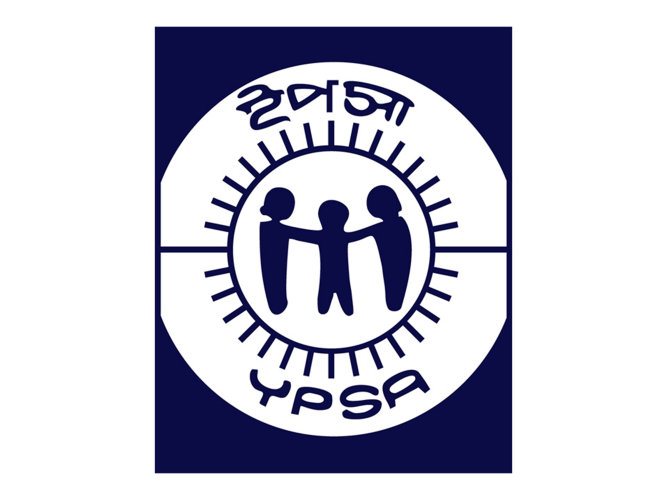
YPSA
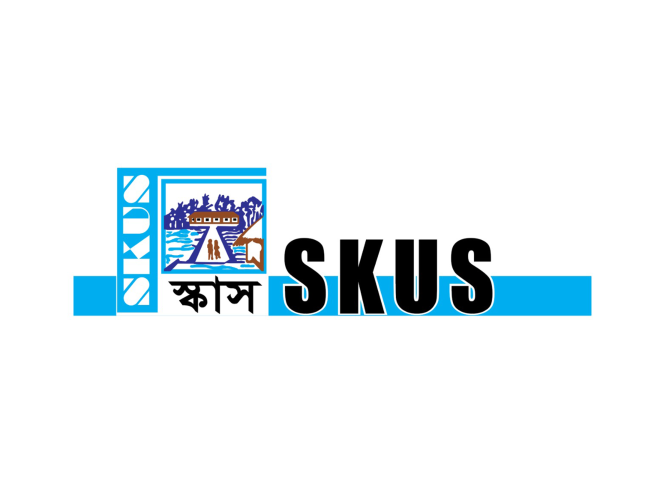
SKUS
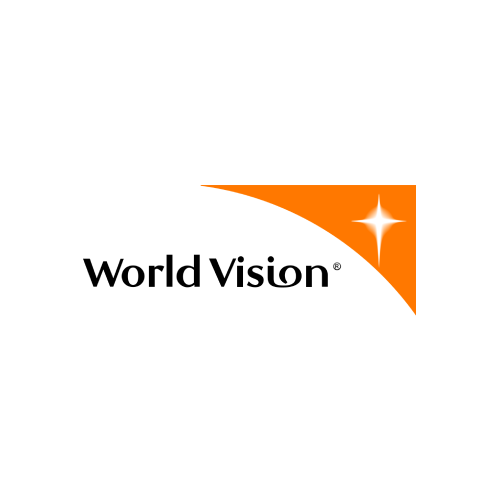
World Vision
